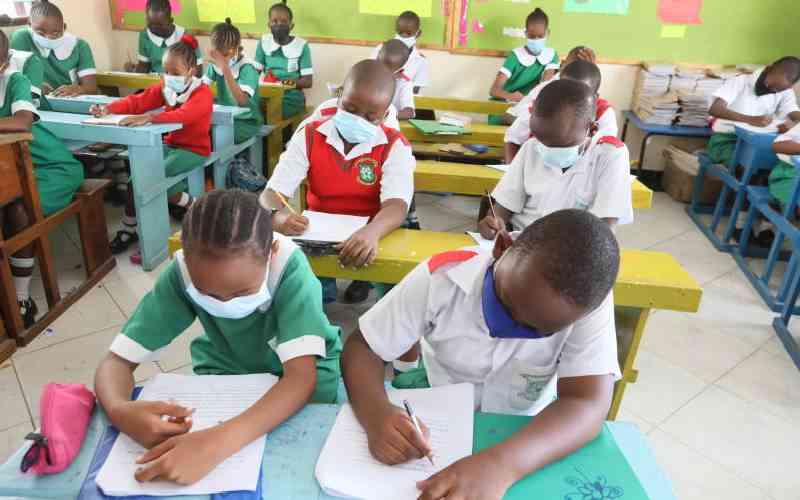
Private school owners are now looking forward to cashing in big as the government rolled out incentives to boost their student numbers in new guidelines announced by Education Cabinet Secretary George Magoha.
Releasing the guidelines on Junior Secondary School (JSS) admissions, Magoha said that all stand-alone private secondary schools that will be offshoots of the existing institutions will be registered and allowed to enrol learners.
The CS said that the only condition that shall be placed on private schools is the existence of a laboratory.